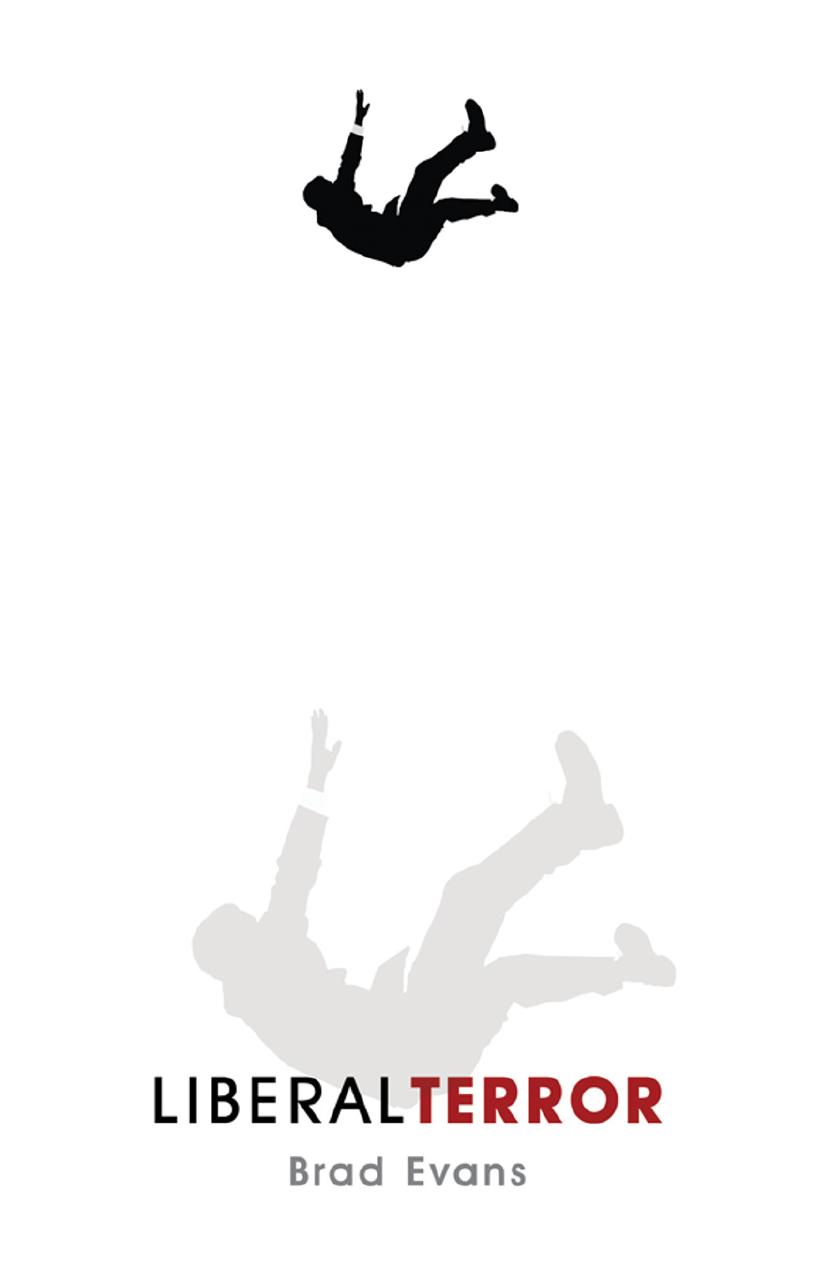Liberal Terror by Brad Evans

Author:Brad Evans
Language: eng
Format: epub, pdf
Publisher: Polity Press
Published: 2012-11-30T00:00:00+00:00
The Transcendental Principle
Ever since Hobbes wrote his Leviathan, the concept of sovereignty has been aligned with the unification of life. Wonderfully depicted in the famous illustration which accompanies his manifesto, the body of the sovereign always presumes the given unity of the body-politic. Security, then, if there is to be any, insists upon this imagined or transcendental figuration. What confirms political wholeness, the unity of the authentic political subjectivity, infers a completion in the order of things, so that oneness becomes the natural and intended condition proper to politically qualified life. While many contemporary theorists point to the sovereign contract as marking a distinct break with the Ancien Régime, the idea that the practice of sovereignty still reflects a powerful Christian eschatology is compelling. Schmitt is a key thinker here. As he explained, âAll significant concepts of the modern theory of the state are secularized theological conceptsâ.23 Hence, for James Martel,
Carl Schmitt articulates exactly how this notion of a break itself disguises the crucial (and theological) continuities with medieval and Christian notions of sovereignty. ⦠In this way, modernity has a new âpolitical theologyâ, one that serves to disguise both the more traditional Christian inheritance of the modern state as well as the fact that the modern sovereign, like the Christian God, continues to decide upon the exception.24
Derrida is famed in equal measure for expressing similar sentiments. Sovereignty, he argues, evidences a kind of âipsocentric[ism]â which points to a âlong cycle of political theology that is at once paternalistic and patriarchal, and thus masculine, in the filiation of fatherâsonâbrotherâ. Such ipsocentricism is ârevived or taken overâ by a newer version of itself, moving from the overtly religious and monarchic forms of sovereignty to âthe unavowed political theology ⦠of the sovereignty of the people, that is of democratic sovereigntyâ.25
While authors like Wendy Brown have rightly pointed out that the sovereign system which developed out of the Treaty of Westphalia (especially in its theological form) is facing lasting crises (hence its openly aggressive theological expressions) as it faces limitless and uncontrollable forces beyond any measure of control,26 it is arguable that these processes have been slowly unravelling for some considerable time. We could in fact argue that the sovereign project as invested in the absolute myth of the nation could not be resurrected out of the ashes of the Second World War. We are reminded here by Max Ernstâs surreal Europe after the Rain II, whose violent-scape brilliantly captures the scene of sovereign abandon. Nothing remains except the beastly figures who are haunted by the scars of war and the memories of a once distant past that is impossible to reclaim. None of this was lost on Arendt. While it would take a number of decades before traces of the Westphalian critique were common across many academic disciplines â that is, the now familiar concerns such as âcrises of democracyâ, âcrises of identityâ, âcrises of meaningâ, âcrises of belongingâ, and so on â she fully understood in 1958 that the world
Download
This site does not store any files on its server. We only index and link to content provided by other sites. Please contact the content providers to delete copyright contents if any and email us, we'll remove relevant links or contents immediately.
The Secret History by Donna Tartt(19027)
The Social Justice Warrior Handbook by Lisa De Pasquale(12182)
Thirteen Reasons Why by Jay Asher(8883)
This Is How You Lose Her by Junot Diaz(6872)
Weapons of Math Destruction by Cathy O'Neil(6260)
Zero to One by Peter Thiel(5782)
Beartown by Fredrik Backman(5734)
The Myth of the Strong Leader by Archie Brown(5491)
The Fire Next Time by James Baldwin(5423)
How Democracies Die by Steven Levitsky & Daniel Ziblatt(5211)
Promise Me, Dad by Joe Biden(5139)
Stone's Rules by Roger Stone(5078)
A Higher Loyalty: Truth, Lies, and Leadership by James Comey(4946)
100 Deadly Skills by Clint Emerson(4911)
Rise and Kill First by Ronen Bergman(4775)
Secrecy World by Jake Bernstein(4738)
The David Icke Guide to the Global Conspiracy (and how to end it) by David Icke(4696)
The Farm by Tom Rob Smith(4500)
The Doomsday Machine by Daniel Ellsberg(4481)
